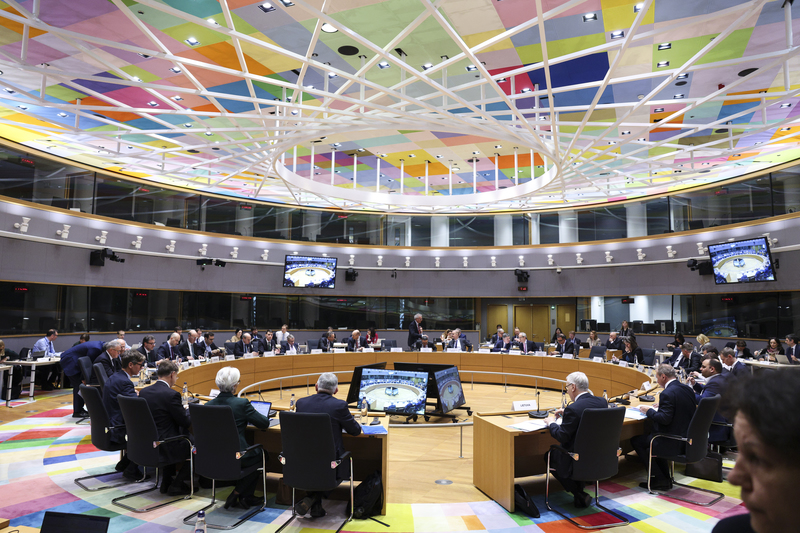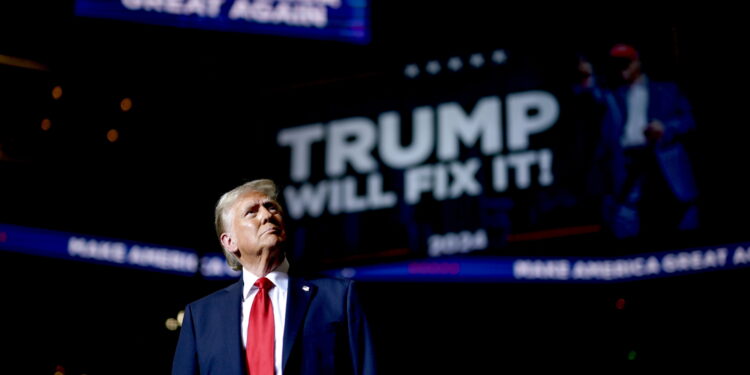Brussels – Caution. And then hope, the hope that between saying and doing, pragmatism will prevail. On the day of Donald Trump’s inauguration into the White House for the Republican Party’s second term, the Europe of states is accelerating its thinking on what to do from now on. No one speculates on trade war scenarios or friction; on the contrary, everyone wishes to continue trans-Atlantic relations under the banner of cooperation. On closer inspection, however, the “lukewarm” way economic ministers talk about the start of the Trump encore hides more than a few anxieties.
The Belgian finance minister, Vincent van Peteghem, is the one who perhaps best expresses the mood of an EU that is aware of its limitations and pitfalls. “The new Trump administration must sound a wake-up call for Europe,” he says in a mixture of concern and exhortation for a new season that is more Euro than Atlantic. Above all, however, he calls for rolling up our sleeves because we may really need it. “We must not focus on trade retaliation”, the Belgian continues. On the contrary, “we need to focus on diplomacy.” That is, if Trump, the undiplomatic, cares about good manners and good will,
There is no shortage of unknowns, as even Portugal’s Economy Minister, Joaquim Miranda Sarmento, acknowledges, “We will see in the coming weeks and months what decisions Trump will make.” He assures that on this side of the Atlantic, “Europe is prepared to continue cooperating.” Translated: if tears will be, it will not be by European will.

In short, the EU and its eurozone are trying to rein in pessimism and think in terms of business as usual, although Trump’s administration could be anything but business as usual. It is no coincidence that Ireland’s finance minister, Jack Chambers, admits that “there are potential risks from new tariffs,” which the new U.S. president has threatened since the election campaign.
Accomplice also to a twelve-star work agenda that is intertwined with the star-studded institutional calendar, the new Euro-Atlantic course inevitably ends up on the agenda. Economic ministers discuss the leadership change in the United States ahead of the meeting devoted to those with the single currency and then at the centre of the Ecofin dinner. Here the 27 EU Member States will take a first point on the line to be taken and how to relate to a hitherto reference partner that one would still like to be reliable.
“In this new environment, trade is an issue to be discussed,” French Economy Minister Eric Lombard acknowledges: A reference to Europe’s desire for free trade, as opposed to the protectionist impulses of Trump’s America. The EU now awaits the moves of the new president, amidst betrayals that have already been consummated, fears that are not lacking and hopes that are to be maintained. The economic and political future of the EU on an international scale will be at stake in these five years. In Brussels, as in other capitals, they are aware of this.
English version by the Translation Service of Withub








